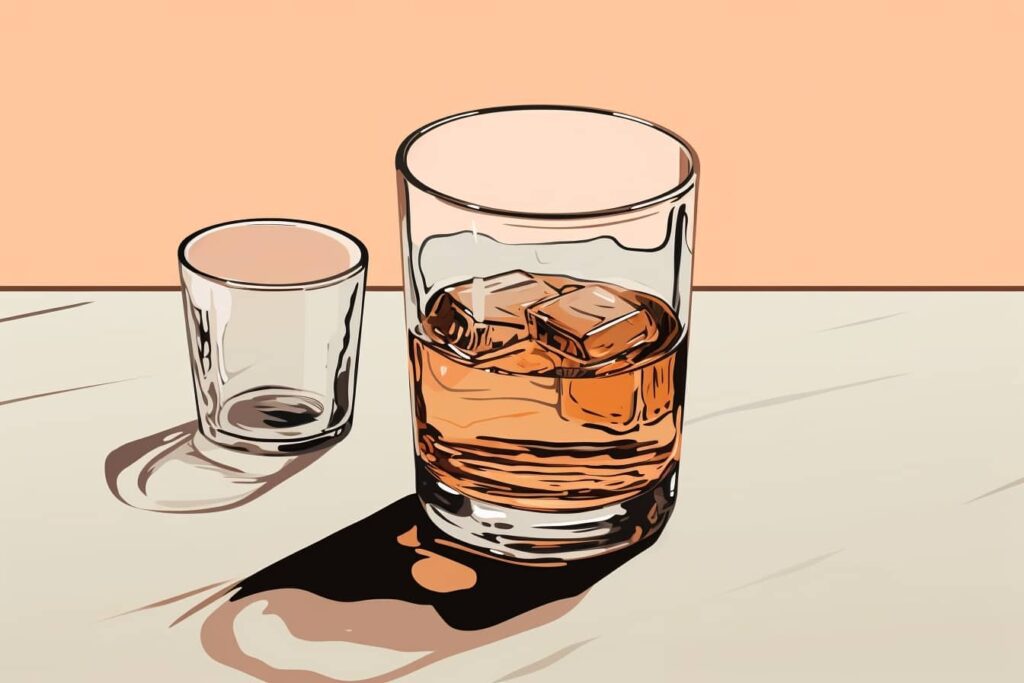In the vast universe of addictions, alcoholism is one of the most insidious and lethal problems. What if a single injection could reduce it to almost make it disappear? A team of US researchers has experimented with one gene therapy, originally developed for Parkinson's, on monkeys with… heavy alcohol habits. The results? Extraordinary. Drinking primates reduced their alcohol consumption by 90% in one year.
How exactly does this therapy work?
The heart of this research is a protein: the GDN extension (Glial Cell Line-Derived Neurotrophic Factor). This substance supports the survival of some neurons. Among all, those linked to dopamine, the neurotransmitter that makes us feel good when we drink a glass of wine, but which, in case of chronic abuse, tends to run low in our brain, ultimately producing total dependence. Alcoholism.
For the new study (that I link to you here), a harmless virus was used to deliver the gene coding for GDNF into the brains of four monkeys. These primates, when given the option, drank heavily (the human equivalent of nine drinks a day). “We targeted dopamine-producing cell bodies with this gene to increase dopamine synthesis, restoring what chronic drinking has taken away“, declared the co-author of the research Kathleen Grant.

Amazing results, but caution is needed
After treatment, the monkeys' alcohol consumption plummeted. “Drinking has dropped to almost zero“he reported Grant. "For months, these animals chose to drink water, completely avoiding alcohol“. But all that glitters is not gold. “Anti-alcoholism” therapy currently requires brain surgery, which is invasive and probably irreversible.
Given this invasive nature, therapy may not become a common treatment for alcoholism. However, in some borderline cases it may be the only thing that separates people with severe alcoholism from death. “The treatment would be more appropriate for people who have already demonstrated that all of our normal treatment approaches don't work for them", he has declared Grant.
A sort of equivalent of emergency operations to surgically reduce weight.
Beyond alcoholism: The possible repercussions
Dopamine is involved in many other brain functions besides alcohol addiction. Therefore, more research is needed to see if the findings translate to humans as well. Especially, if gene therapy leads to unwanted changes in mood or behavior.
In a world where more than 3 million people die every year for causes linked to alcoholism, this gene therapy could represent a beacon of hope. It is a very bold and extreme step in the fight against one of humanity's oldest and most pervasive addictions.
Its road towards approval and clinical use is still long and full of unknowns, for the first time it seems that there is a concrete possibility of “extinguish thirst” permanently. We will follow the developments.


